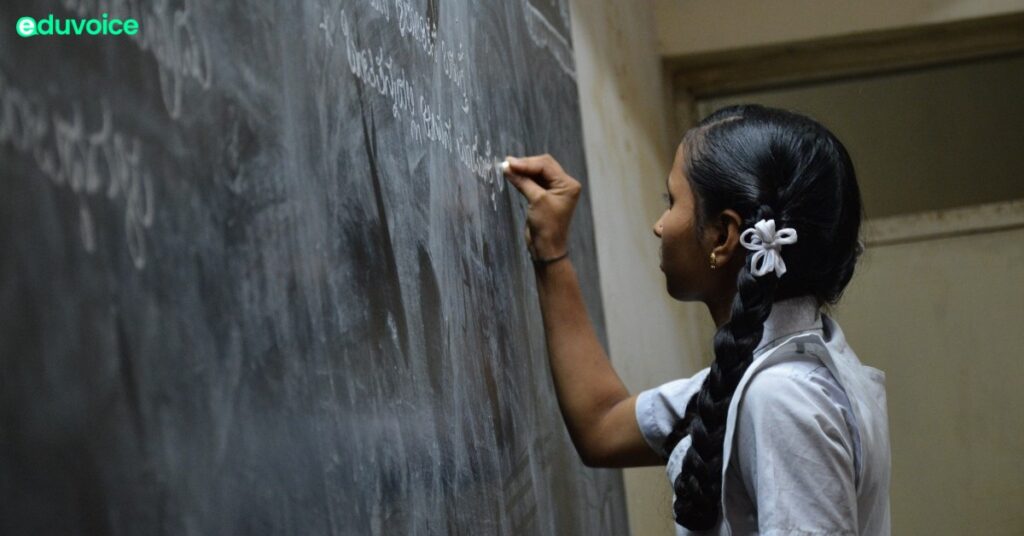There have been a number of recent developments in Indian education policy that have had significant implications for the sector and its stakeholders. While earlier policies, such as the Right to Education (RTE) Act in 2009, have helped India make commendable progress with ensuring universal access to primary education, the focus of recent policy has shifted towards transforming the quality of education to improve learning outcomes.
The most notable of these was the eagerly awaited New Education Policy (NEP), released by the Government of India in July 2020, which promises to reform and modernise the country’s education system. The NEP 2020 replaces the previous education policy, which was released in 1986, and is based on the vision of “universalisation of education from preschool to secondary level” and aims to provide “quality and equitable education to all”.
The NEP 2020 calls for several key reforms and initiatives, including the expansion of early childhood care and education, the introduction of vocational education and training at the secondary level, the promotion of a holistic and multidisciplinary approach to higher education, and the improvement of the quality and status of teaching as a profession:
Early childhood care and education: The NEP 2020 emphasises the importance of early childhood care and education and aims to universalise access to high-quality preschool education for children aged 3 to 6 years. It also calls for the integration of preschool education with primary education, through the proposal of a new 5+3+3+4 system that consists of a Foundational Stage (3 to 8 years), Preparatory Stage (8 to 11 years), Middle Stage (11 to 14 years), and Secondary Stage (14 to 18 years). An exciting development in October 2022 was the release of the National Curriculum Framework (NCF) for the Foundational stage, which lays out a blueprint for high-quality early childhood education that is aligned with current research and universally accepted best practices.
Primary and Secondary education: The NEP 2020 aims to provide a flexible and multidisciplinary curriculum for school education, focusing on experiential learning and critical thinking skills. It also calls for the introduction of vocational education and training at the secondary level to provide students with alternative pathways to traditional academic subjects.
Higher education: The NEP 2020 aims to promote a holistic and multidisciplinary approach to higher education, with a greater emphasis on research and innovation. It calls for the establishment of a new regulatory framework for higher education, with a focus on autonomy and accountability.
Teacher education: The NEP 2020 recognises the importance of teacher education in improving the quality of education and aims to improve the quality and status of teaching as a profession. It calls for the introduction of a new teacher education curriculum and the establishment of a National Council for Teacher Education (NCTE) to oversee teacher education in the country. In fact, this body has recently released a set of professional quality standards for teachers in the 21st century – known as the National Professional Standards for Teachers (NPST, 2021).
Funding: The NEP 2020 calls for increased investment in education, with the goal of increasing the public expenditure on education to at least 6% of GDP. It also calls for the implementation of a new “performance-based” financing mechanism to provide additional resources for education.
Equity and inclusion: The NEP 2020 emphasises the importance of equity and inclusion in education and aims to address the existing disparities in access to education, particularly for marginalised and disadvantaged groups. It calls for the implementation of affirmative action measures to ensure equal opportunities for all.
For More Such Articles, News Update, Events, and Many More Click Here






